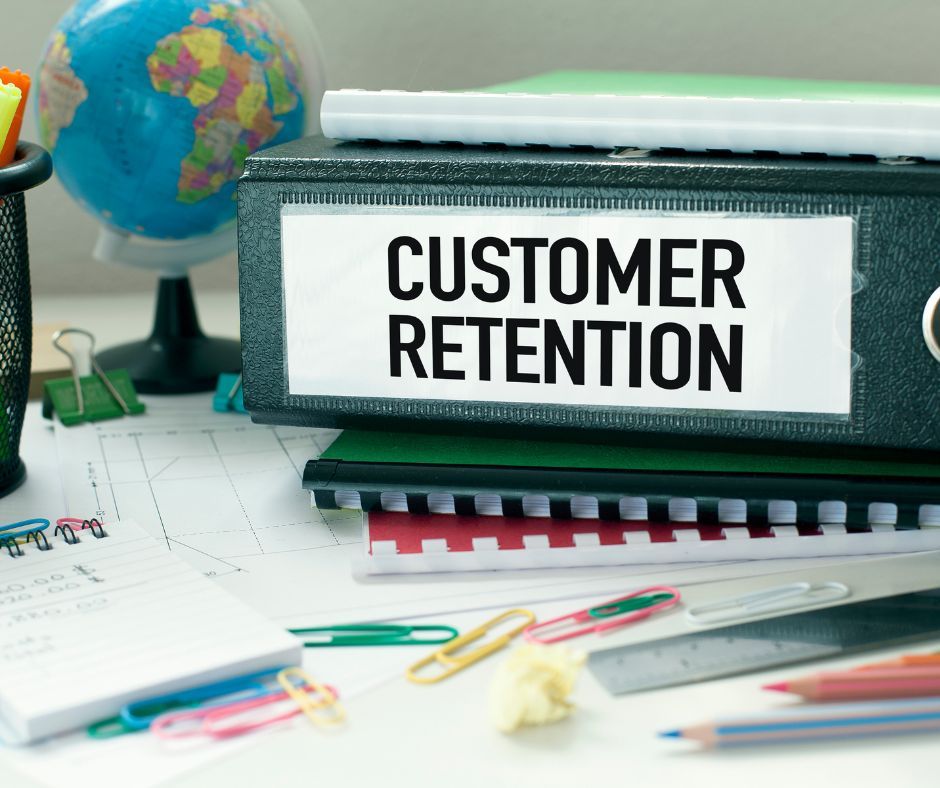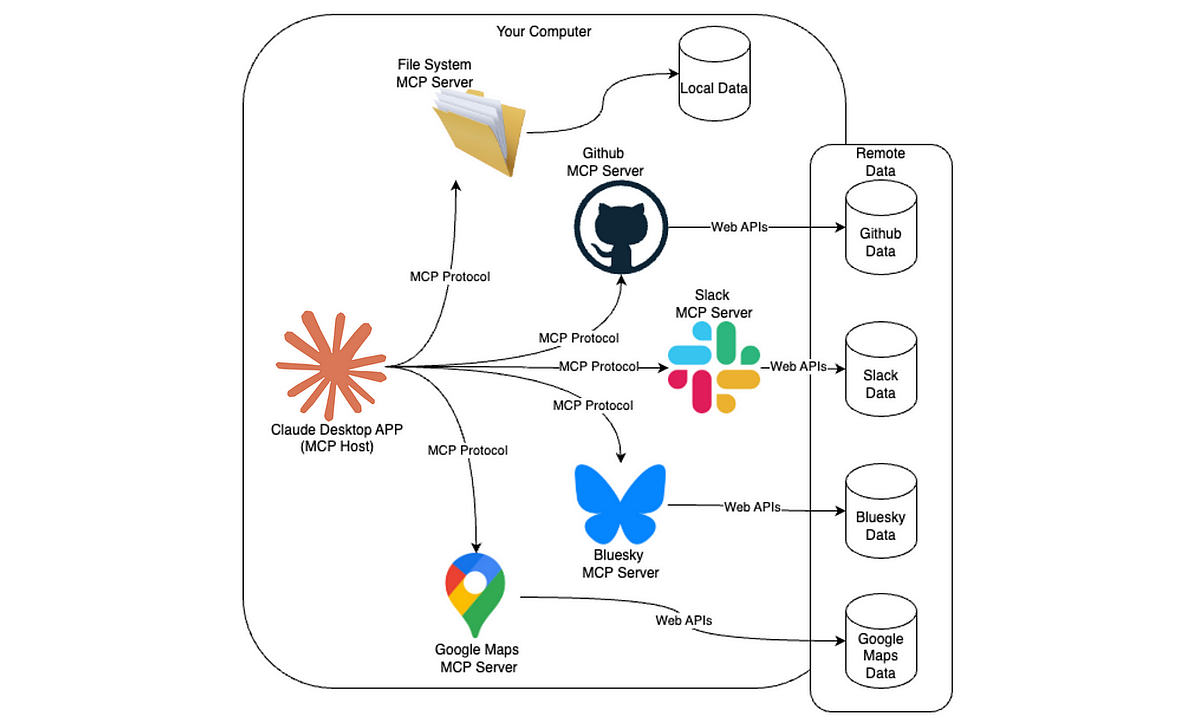The Art of Client Retention: Building Long-term Relationships for Agency Growth
Share now

In the world of business, competition can be as fierce as the ocean, with companies battling to stay afloat amidst the turbulent waves. Every agency is a ship, with its crew fighting to navigate the treacherous waters of the market and steer toward success.
But just like any voyage, it takes more than just a sturdy vessel to reach your destination. You need a team that is not only skilled and experienced but also dedicated and passionate about the journey ahead. And as the captain of your ship, it’s your responsibility to assemble and retain a crew that can weather any storm and help you reach your desired port of call.
In this post, we’ll explore the art of agency client retention and how building long-term relationships can help you grow your agency.
Understanding Agency Client Retention
First, we have to lay the foundation by understanding the basics of client retention.
Client retentio n refers to the ability of an agency to keep its existing clients over time. The benefits of client retention include increased revenue, improved client satisfaction, and a better reputation.
The Cost of Losing Clients
Losing clients can be costly for an agency, both in terms of lost revenue and damage to its reputation. Plus, losing a client means having to start from scratch with a new one, which eats up valuable time and resources.
The Impact of Client Retention on Agency Growth
When you retain clients, growth follows suit. It not only helps to increase revenue but also provides an opportunity for sales or marketing agencies to upsell and cross-sell their services.
Identifying Your Ideal Client
But who is your ideal client and what sets them apart from the competition?
Identifying the Characteristics of Your Ideal Client
To build long-term relationships with clients, it is important to identify your ideal client. This includes understanding their demographics, psychographics, and business needs.
Understanding Your Client’s Needs and Wants
To build a strong relationship with a client, it is crucial to understand their needs and wants. This involves active listening and effective communication.
How to Attract and Retain Your Ideal Client
To attract and retain your ideal client, it is important to develop a strong value proposition and communicate it effectively. Additionally, offering personalized services and delivering excellent customer service can help to build trust and customer loyalty.
Creating a Positive Client Experience
Your client’s experience is key to building lasting relationships. That’s why, we must try to avoid creating negative experiences for our clients.
The Importance of Creating a Positive Client Experience
Creating a positive client experience is crucial for customer retention. This involves delivering excellent customer service, improving customer satisfaction, and providing ongoing support.
How to Deliver Excellent Customer Service
Your customer service team must be responsive, proactive, and attentive to client needs. It also means going above and beyond to exceed expectations.
How to Exceed Client Expectations
To exceed client expectations, it is important to set realistic expectations and then go above and beyond to deliver exceptional results. This can involve offering personalized services and demonstrating the value of your services.
Effective Communication Strategies

It’s also important to communicate effectively with clients.
Communicating Effectively With Clients
Effective communication is key to building strong relationships with clients. This involves active listening, responding promptly to client inquiries, and setting clear expectations.
Active Listening
Active listening involves paying attention to what the client is saying, asking clarifying questions, and demonstrating empathy.
Building Rapport With Clients
Building rapport involves establishing a personal connection with the client, demonstrating empathy, and being authentic.
Building Trust and Credibility
Trust and credibility are a must if you want to maximize your customer retention. This involves delivering on promises, being transparent, and demonstrating expertise.
How to Build Trust With Clients
Building trust with clients involves being reliable, consistent, and transparent. Additionally, offering personalized services and going above and beyond to deliver on expectations can also help to build trust.
How to Establish Credibility
Establishing credibility involves demonstrating expertise and authority in your field. This can involve creating thought leadership content and speaking at industry events.
Managing Client Expectations
To manage client expectations, it is important to set realistic goals and timelines. This involves being transparent about what is possible and what is not.
Managing Client Expectations
To manage expectations, communicating effectively, being responsive, and providing regular updates are skills you and your team should adopt. It also involves being proactive in identifying and addressing potential issues.
Handling Difficult Clients
Handling difficult clients requires patience, empathy, and effective communication. It involves understanding the client’s concerns and working to find a solution that meets their needs.
Customizing Your Approach
Customizing your approach to client interactions can help to establish customer loyalty.
Customizing Your Approach to Fit Each Client’s Needs
To build strong relationships with clients, it is important to customize your approach to fit each client’s business goals. Not all clients are the same, and each client may have different expectations, preferences, and goals. By tailoring your services to each client’s needs, you can demonstrate that you care about their specific situation and are committed to helping them achieve their objectives.
How to Personalize Your Services
One of the ways to customize your approach is to apply a hyper-personalized customer experience tactic. This means going beyond the basics and offering clients tailored solutions that fit their specific needs. To do this effectively, you need to have a deep understanding of each client’s goals, challenges, and pain points. This can be achieved by conducting surveys, asking the right questions, and listening carefully to their feedback.
Once you have a good understanding of what each client needs, you can create customized solutions that meet their unique requirements. For example, as a marketing agency, your client might be in need of personalized social media marketing services. You can tailor your approach by focusing on the platforms that are most relevant to their business, developing content that resonates with their audience, and measuring the impact of your campaigns.
Demonstrating Value
To retain clients, it is important to demonstrate the value that you bring to their business. Clients need to see a clear return on their investment, and they need to understand how your services are helping them achieve their goals. By establishing your value, you can build trust, strengthen your relationship, and increase the likelihood of long-term client retention.
How to Demonstrate Value to Your Clients
One of the most effective ways to demonstrate value is to provide clients with regular updates and reports. This can include data on the performance of their campaigns, exceeding KPIs, and insights into the latest trends in their industry. By providing clients with detailed information, you can help them understand the impact of your services and the value that you bring to their business.
Another way to showcase your value is to share success stories and case studies . This can involve highlighting how you have helped other clients achieve their goals and showcasing the results of your work. By sharing real-life examples, you can build credibility and prove your expertise.
Identifying the Value of Your Services
To demonstrate value, you need to first identify the value of your services. This involves understanding the benefits that your services provide, and how they help clients achieve their objectives. To do this, you can ask clients about their goals and objectives, and then map your services to their specific needs.
For example, if you are a marketing agency owner and your client’s goal is to increase their website traffic, you can show them how your SEO services can help them achieve this goal. By highlighting the benefits of your services and how they contribute to the client’s objectives, you can demonstrate the value that you bring to their business and improve your customer retention rate.
Creating a Value Proposition
Another way to demonstrate value is to create a value proposition. A value proposition is a statement that summarizes the benefits of your services and why clients should choose you over your competitors. It should be concise, clear, and compelling. To create a strong value proposition, follow these steps:
- Identify your target audience: The first step is to identify who your target audience is. Who are the clients you want to attract and retain? What are their pain points, needs, and desires?
- Identify your unique selling proposition: What makes your customer experience, sales or marketing agency unique? What are your strengths and competitive advantages? Identify the features of your services that set you apart from your competitors.
- Focus on benefits: Instead of focusing on features, focus on the benefits that your clients will receive. What problems will you solve for them? What outcomes will they achieve by working with you?
- Be concise: Your value proposition should be concise and easy to understand. It should be no more than a few sentences long.
- Test and refine: Once you have created your value proposition, test it with your target audience. Ask for feedback and make adjustments as needed.
Addressing Concerns and Complaints

No matter how well you serve your clients, there may be times when they have concerns or complaints. It is important to address these concerns promptly and effectively to maintain a positive relationship with your clients.
How to Address Client Concerns and Complaints
- Listen: When a client expresses a concern or complaint, the first step is to listen. Allow them to express their concerns without interruption. Show empathy and understanding.
- Acknowledge : Once the client has expressed their concerns, acknowledge them. Let them know that you understand their perspective and that you take their concerns seriously.
- Take action: Once you have acknowledged the client’s concerns, take action to address them. Work with the client to find a solution that meets their needs.
- Follow up : After you have taken action, follow up with the client to ensure that their concerns have been addressed and that they are satisfied with the outcome.
The Importance of Responding Promptly
Responding promptly to client concerns and complaints is essential to maintaining a positive relationship with your clients . When clients feel that their concerns are being taken seriously and addressed promptly, they are more likely to remain loyal to your agency.
Turning Negative Experiences Into Positive Ones
When handled properly, negative experiences can actually strengthen your relationship with your clients. By addressing concerns promptly and effectively, you can show your clients that you value their business and are committed to providing excellent service. This can turn a negative experience into a positive one and help to build trust and loyalty.
Offering Ongoing Support
By providing ongoing support, you can help your clients to achieve their goals and ensure that they are satisfied with your services.
The Role of Ongoing Support in Client Retention
Offering ongoing support can help to build trust and loyalty with your clients. When clients know that they can rely on you for ongoing support, they are more likely to remain loyal to your agency.
How to Provide Ongoing Support
There are several ways to provide ongoing support to your clients:
- Regular check-ins: Regular check-ins can help you to stay in touch with your clients and ensure that their needs are being met.
- Ongoing training: Offering ongoing training can help your team to improve their skills and enhance customer satisfaction.
- Access to resources: Providing access to resources such as whitepapers, webinars, and other educational materials can help your clients to stay informed and up-to-date on industry trends and best practices.
- Dedicated support team: Having a dedicated support team can ensure that your clients always have someone to turn to when they have questions or concerns. This team should be knowledgeable about your client’s needs and your services, and should be responsive and empathetic in their communication. They should also be aligned with meeting the client’s expectations and the agency’s goals.
Tracking and Measuring Customer Retention
Here are some tips for tracking and measuring client retention:
How to Track and Measure Client Retention
There are several metrics you can use to track and measure customer retention. These include:
- Client retention rate : This metric measures the percentage of clients who continue to use your services over a given period of time. A high customer retention rate indicates that your clients are satisfied with your services and are more likely to continue using them in the future.
- Churn rate: Churn rate measures the percentage of clients who stop using your services over a given period of time. A high churn rate indicates that there may be issues with your services or client relationships that need to be addressed.
- Customer lifetime value (CLV ): CLV measures the total value that a client will bring to your business over the course of their relationship with you. By tracking CLV, you can identify which clients are most valuable to your business and focus your customer retention efforts accordingly.
The Importance of Analyzing Data
Analyzing data related to customer retention is important because it can help you identify patterns and trends that may be affecting your client relationships. By understanding these patterns, you can make informed decisions about how to improve your services and strengthen your client relationships.
How to Use Data to Improve Client Retention
Once you have analyzed your data, there are several steps you can take to improve your client retention strategies. These include:
- Identifying areas for improvement: You can identify and address common concerns or complaints, improve your communication strategies, or offer additional support or resources.
- Developing client retention strategies: Based on your analysis, you can develop a client retention strategy that addresses the specific needs and concerns of your clients. This might involve offering personalized support or resources, implementing a loyalty program, or improving your communication strategies. What’s more, if you want new clients, you can start a referral program.
- Monitoring progress : Once you have implemented your client retention strategy, it is important to monitor your progress over time with data reporting . This will help you identify whether your efforts are having a positive impact on client retention and whether there are additional areas that need to be addressed.
Increasing Client Loyalty
One of the ultimate goals of client retention is to increase client loyalty. When clients are loyal to your business, they are more likely to continue using your services, refer others to you, and provide valuable feedback and support. Here are some strategies for increasing client loyalty:
Strategies for Increasing Client Loyalty
Providing exceptional service
Providing exceptional service is one of the most effective ways to increase client loyalty. By delivering on your promises and exceeding your client’s expectations, you can build strong relationships that keep clients coming back.
Offering incentives
Incentives can come in many forms, such as discounts, exclusive offers, or rewards programs. By offering incentives, you give clients a reason to choose your agency over others and encourage them to continue doing business with you.
Supercharge Client Retention For Agency Growth
Client retention is a crucial aspect of agency growth. Building long-term relationships with clients can help your agency increase revenue, improve your reputation, and establish a loyal client base.
Remember that building long-term client relationships is an ongoing process. It requires continuous effort, communication, and adaptation to meet the needs and wants of your clients. By implementing a client retention strategy, you can establish a loyal client base and achieve long-term success for your agency.
If you’re looking for a reliable and experienced agency to help grow your business , contact us at 8 Figure Agency. Our team of experts is dedicated to providing personalized services tailored to meet your unique needs and exceed your expectations. Let us help you achieve your business goals today.
The post The Art of Client Retention: Building Long-term Relationships for Agency Growth appeared first on 8 Figure Agency.




